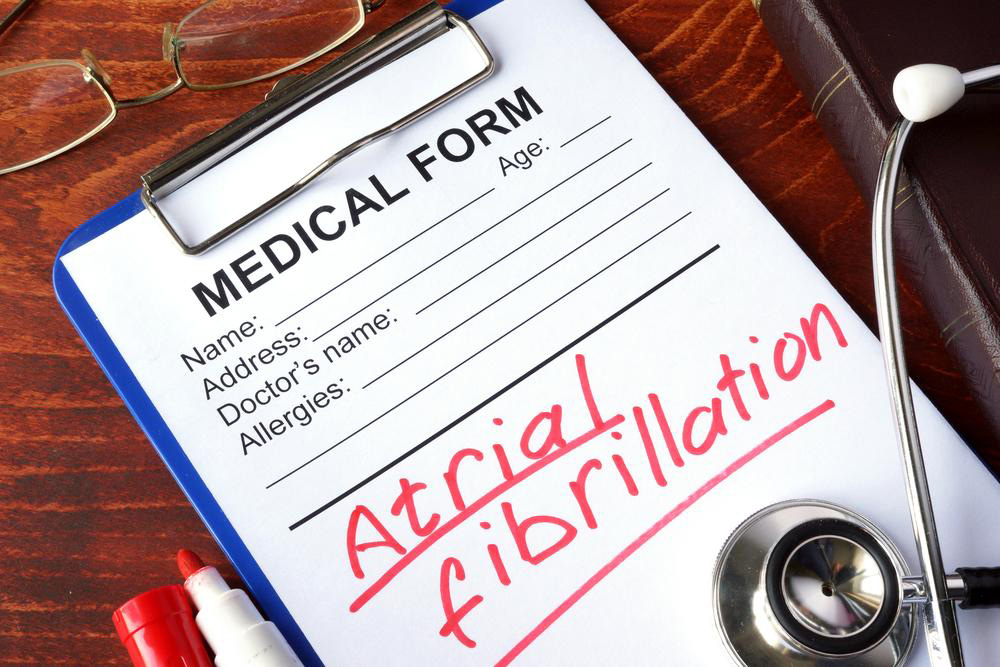Natural Strategies to Manage Heart Atrial Fibrillation Effectively
Discover natural ways to manage atrial fibrillation effectively. This article covers lifestyle changes such as diet, exercise, trigger avoidance, and alternative therapies like acupuncture and yoga. These methods may help reduce symptoms and improve heart health safely, alongside conventional treatments. Always consult your healthcare provider before trying new strategies to ensure they suit your condition.

Natural Approaches to Control Atrial Fibrillation
Enhance your well-being naturally with these proven methods for managing atrial fibrillation (AFib).
Atrial fibrillation, commonly known as AFib, is an irregular heartbeat disorder where the heart's upper chambers (atria) beat chaotically and rapidly. Normally, the heart maintains a steady rhythm with beats between 60-100 per minute. In AFib, the atria can beat at 100-175 times per minute, disrupting blood flow and increasing the risk of complications like blood clots and stroke. According to the American Heart Association, over 2.7 million Americans live with AFib.
Managing Atrial Fibrillation
Symptoms include fatigue, irregular heartbeat, dizziness, chest discomfort, and shortness of breath. While conventional medications are often prescribed, some individuals seek lifestyle changes and natural remedies to improve their condition. Addressing underlying causes such as thyroid issues, asthma, or COPD is essential for effective treatment.!
To control AFib naturally, consider these lifestyle modifications:
Avoid Stimulants
Stimulants like caffeine, energy drinks, alcohol, and smoking can trigger irregular heartbeats. These substances boost your heart rate and can exacerbate AFib symptoms. Eliminating or reducing these can significantly improve your heart health. Smoking, in particular, doubles the risk of cardiovascular issues.
Improve Your Eating Habits
Focus on consuming nutrient-rich foods such as green vegetables, fruits, lean proteins, and cold-water fish rich in magnesium, potassium, and calcium. Limit salt intake by using herbs and sodium substitutes to avoid increasing blood pressure and strain on the heart.
Engage in Regular Exercise
Physical activity strengthens cardiovascular health and may decrease AFib episodes. Maintaining a healthy weight and waistline is beneficial. Always consult a healthcare professional to determine appropriate exercise routines that suit your health status.
Explore Alternative Therapies
Complement lifestyle changes with natural therapies. Seek experienced and licensed practitioners for techniques like acupuncture, which has shown positive effects on heart rhythm regulation. Yoga can reduce stress and promote cardiovascular wellness. Biofeedback therapy, involving relaxation and breathing techniques, may also alleviate AFib symptoms.
Consult your doctor before starting new treatments or significant lifestyle modifications. These strategies can help control your symptoms and support a healthier, more balanced life.
Note:
This article offers practical information on managing AFib through lifestyle and natural therapies. It should not replace medical advice. Always consult healthcare professionals before making changes. The website is not responsible for discrepancies or additional benefits from other sources.










